The Common Sense Crisis: When Education Isn’t Enough
Common sense is a unique quality that can't be replaced by education or degrees. While formal education provides knowledge and expertise, common sense involves practical judgment, intuition, and the ability to navigate everyday situations effectively.
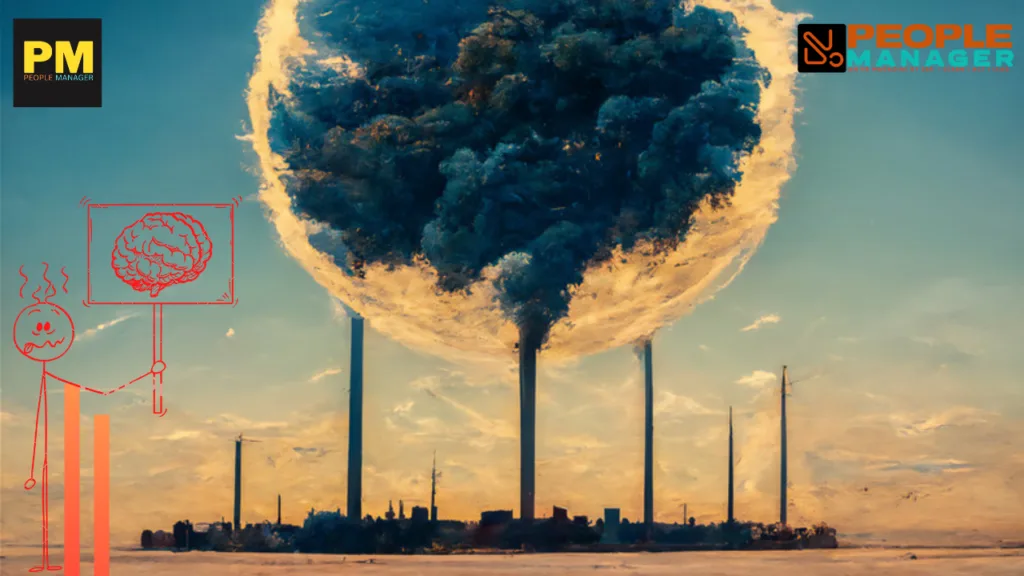
People can be highly educated, go on taking Degrees , Ph.D etc but no Degree or Education can be substitute for lack of Common Sense. No Education or Degree can ever be substitute for the lack of Common Sense. I have been observing this phenomenon for a very long time with many highly educated people and I found their Education or Degrees or Ph.D could not make up for their lack of Common Sense.
That’s the reason many highly educated people are not successful but much less educated people succeed. Education provides one with information and data but how and where to use it appropriately comes by commonsense.
Degrees and formal education can teach a person a lot about the world, but they can’t always teach someone how to navigate it wisely. Common sense—practical judgment, social awareness, street smarts, intuition, this isn’t something you can earn through textbooks. It often comes from life experiences, emotional intelligence, and the ability to read people and situations well and not everyone is capable of doing that.
For example, you will see brilliant people who are experts in their fields such as scientists, doctors, engineers making bafflingly poor decisions outside their field of expertise. Like someone with a Ph.D. in economics falling for a scam, or a top academic being clueless in a social setting. It doesn’t make them less intelligent academically; it just shows that intellect and common sense are different.Once an elephant was walking quietly and suddenly people started throwing stones on the poor thing for no reason, poor animals have no place to go, we are cutting jungles and when they come outside we treat them with stick and stones,what a lack of apathy or commonsense.
Common sense is a unique quality that can’t be replaced by education or degrees. While formal education provides knowledge and expertise, common sense involves practical judgment, intuition, and the ability to navigate everyday situations effectively.
Education and educational qualifications do not necessarily guarantee common sense because:
- Different types of intelligence: Education often focuses on academic intelligence, whereas common sense is more related to practical intelligence, social intelligence, and emotional intelligence.
- Theoretical vs. practical knowledge: Education provides theoretical knowledge, but common sense requires practical application and experience.
- Limited real-world exposure: Educational institutions may not provide sufficient exposure to real-world situations, making it challenging for individuals to develop common sense.
- Emphasis on rote learning: Some educational systems prioritize rote learning over critical thinking, problem-solving, and decision-making, which are essential for developing common sense.
- Individual differences: People have different learning styles, experiences, and backgrounds, which can affect their ability to develop common sense.
- Common sense is not always taught: Common sense is often learned through experience, observation, and social interactions, rather than through formal education.
- Cultural and environmental factors: Common sense can be influenced by cultural and environmental factors, which may not be accounted for in educational systems.
Examples
- Book-smart vs. street-smart: Someone may be highly educated but lack practical experience and common sense in real-world situations.
- Overthinking vs. instinct: Education can sometimes lead to overthinking, whereas common sense often relies on instinct and intuition.
- Contextual understanding: Common sense requires understanding the context and nuances of a situation, which may not be fully captured in educational settings.
While education can provide a foundation for knowledge and critical thinking, common sense is a distinct skill that requires practical experience, social interaction, and real-world exposure. By recognizing the limitations of education in developing common sense, we can focus on providing more holistic learning experiences that foster practical intelligence and real-world application.
IYI – Intellectual Yet Idiot – Nassim Nicholas Taleb. For further insights into the evolving workplace paradigm, visit


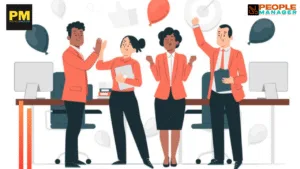
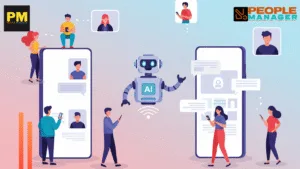
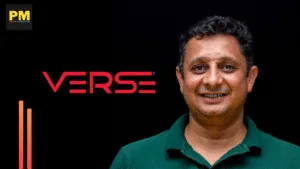

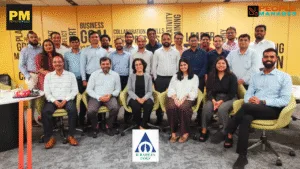
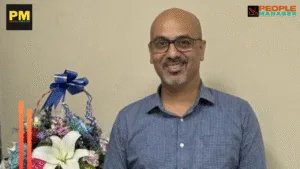
“I totally agree with your thoughts on online learning. I wonder how AI will continue to shape education in the next few years?”